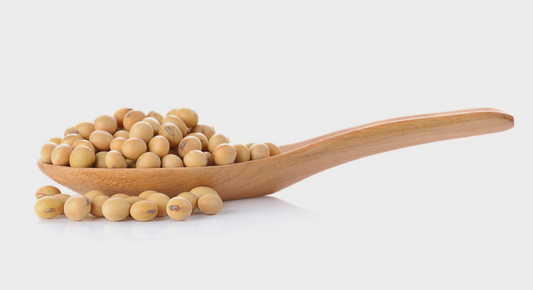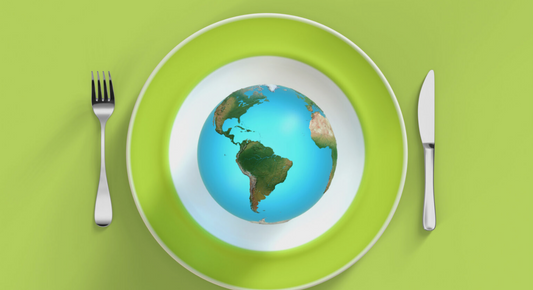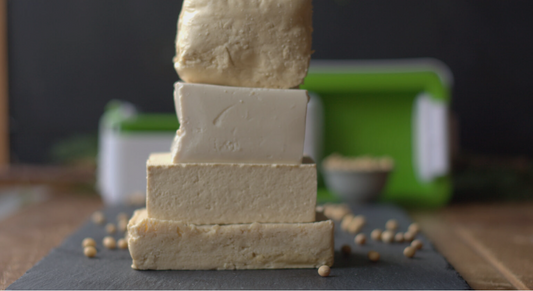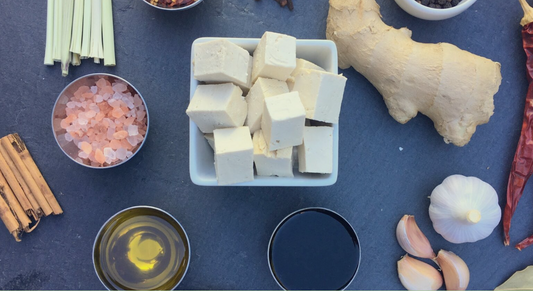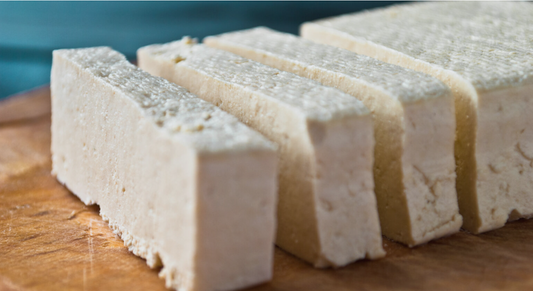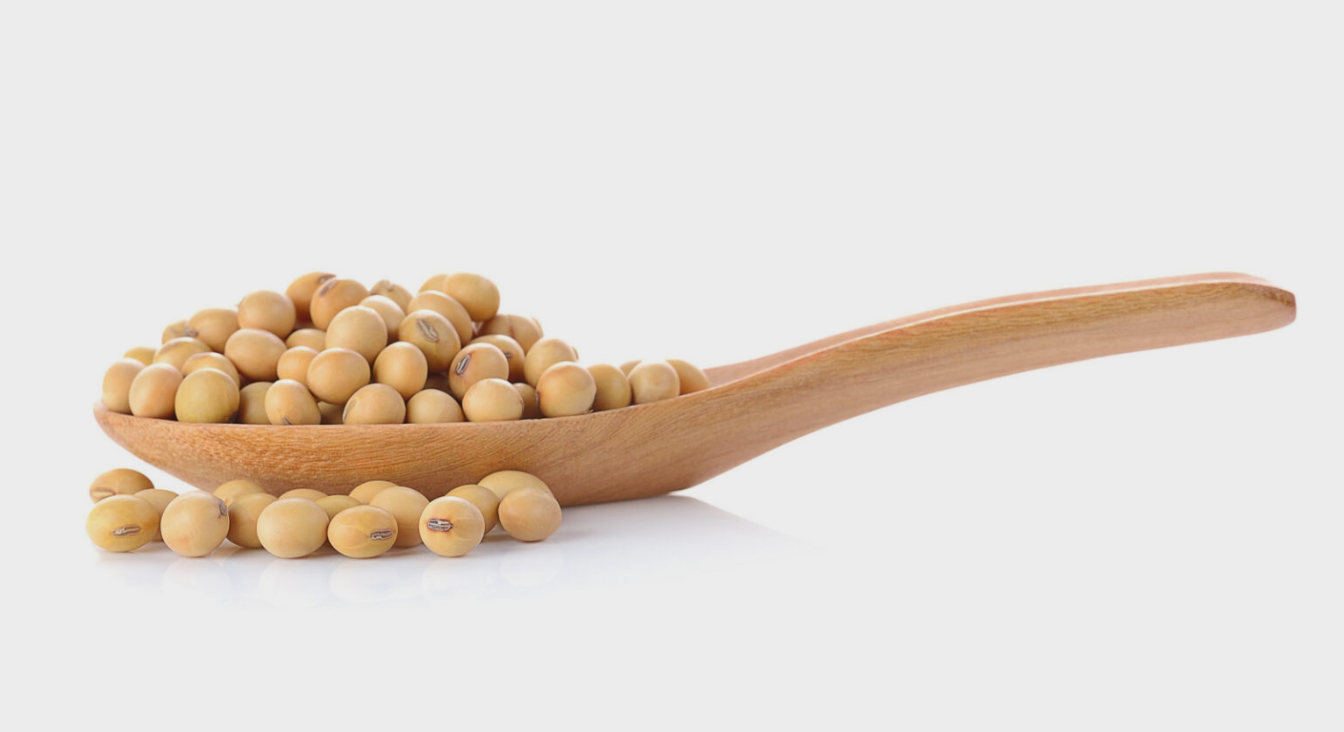
Considering Soy
Is Soya safe? There is monumental difference between whole soya bean products such as tofu, edamame, soya milk, tempeh, miso and soya sauce, and the residue of soybeans which is used in soya protein supplements or soya based meat substitutes. This is called soya protein extract. Soybeans are ‘defatted’, a process that removes the oil and used to make vegetarian sausages, mince, mock meats and TVP. It is also widely used as padding in meat pies and pasties which is why ‘soya’ is so often found listed as an ingredient in processed foods. Soya protein extract has less health benefits as many of the nutrients of the whole soya beans are removed in the defatting process. These proteins are sometimes then processed with hydrogenated fat, salt, sugar and even artificial additives. The bulk of soy consumed in the West has been highly processed.
SOY and health
Tofu is made from the whole bean and has a higher nutritional value than soya protein extract and no toxins.
Soya is well researched as a nutritional component that, as we have discovered, has been a part of the diets of millions of adults and children in Asia for centuries. However, there are some detractors who claim that soy has a harmful effect on either hormones, thyroid, reproductive ability or sexual development. None of these claims are substantiated by convincing scientific evidence but are based on experiments carried out on animals, who metabolise soya very differently to humans, in test tubes or with on humans subjected to very high doses. There is NO scientific evidence of adverse effects on testosterone, fertility or sexual development of humans. If you come across any apparently negative information about soya, always check where it comes from. Who commissioned the report? Is the scientific evidence convincing? Are the anti-soya campaigners impartial or backed by an organisation with a vested interest in soya not becoming mainstream, for example the meat or dairy industries? Remember, in 25 years of scientific study, the USDA (US Department of Agriculture) has shown that soya reduces cholesterol, is anti-carcinogenic and found NO harmful effects. It is worth noting that, in over 2,000 years of consuming soy in Asian countries, no evidence of any negative effects of soy have been detected in humans. Pretty incontrovertible wouldn’t you say?
Isoflavones are a type of phytoestrogen which is a plant-based compound similar to but not the same as oestrogen as it is anything from 1,000 – 10,000 times weaker. Phytoestrogens have a balancing effect on hormone levels, esp in puberty where it acts to slightly decrease oestrogen levels and in menopause where it slightly increases them.
For more detailed information on the above, watch this informative and very accessible talk by Veronika Powell ‘Is Soya Safe’
SOY and the Environment
Soya could provide protein for more people per acre than almost any other plant but sadly the biggest demand for soya is for farmed livestock so it is mostly grown to feed animals to produce meat and milk.
In terms of the environmental impact of soya, it is important to make a distinction between soya grown as fodder and soya beans that are grown for human consumption such as tofu and soya milk.
Approx 80% of soya plants are grown to feed livestock, or as de-fatted soya protein extract used to in industrial plants to pad out processed meat goods. A very small percentage of the soya grown is dedicated to making tofu, only 7% is grown for human consumption. Companies who cultivate soya for human consumption are much more concerned about the ethical and environmental properties of the plants and where they are grown. If soya was only grow for humans, there would be no negative impact of soya on the environment. Tofu that is registered as organic can not be GMO so if you buy organic you can be confident of it’s environmental credentials.
The demand for soya grows as the global demand for meat increases. The lack of arable land available for growing vast amounts of soya for fodder or grazing has led to the destruction of rainforests by multinational corporations. Land could be used to grow crops to feed people.
Deforestation associated with the cultivation of soya is due to meat and dairy industries.
For more information of soya and for references for further reading, see, Viva! www.vivahealth.org.uk/soya



